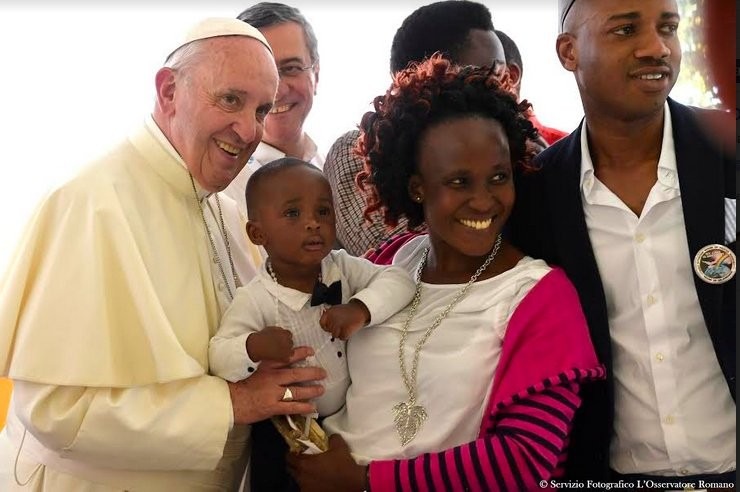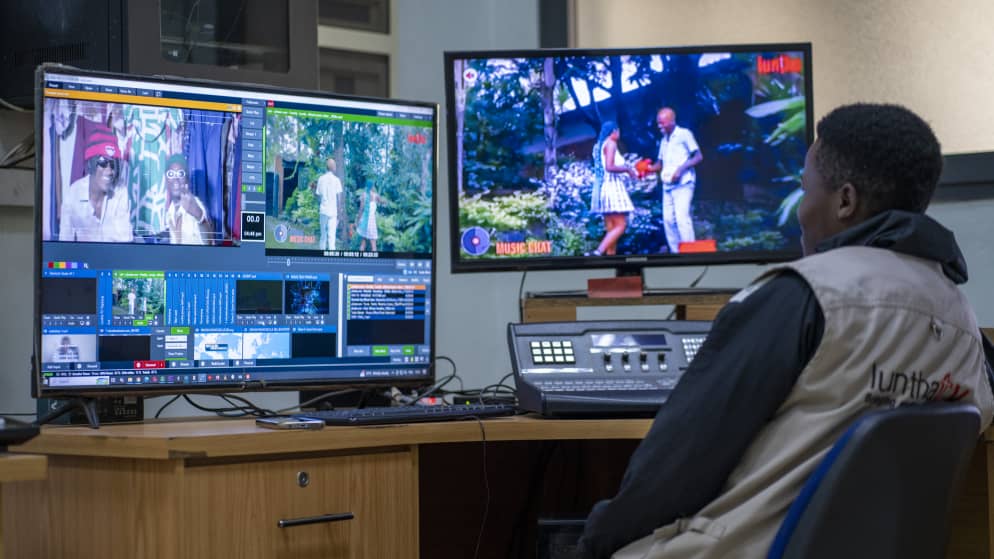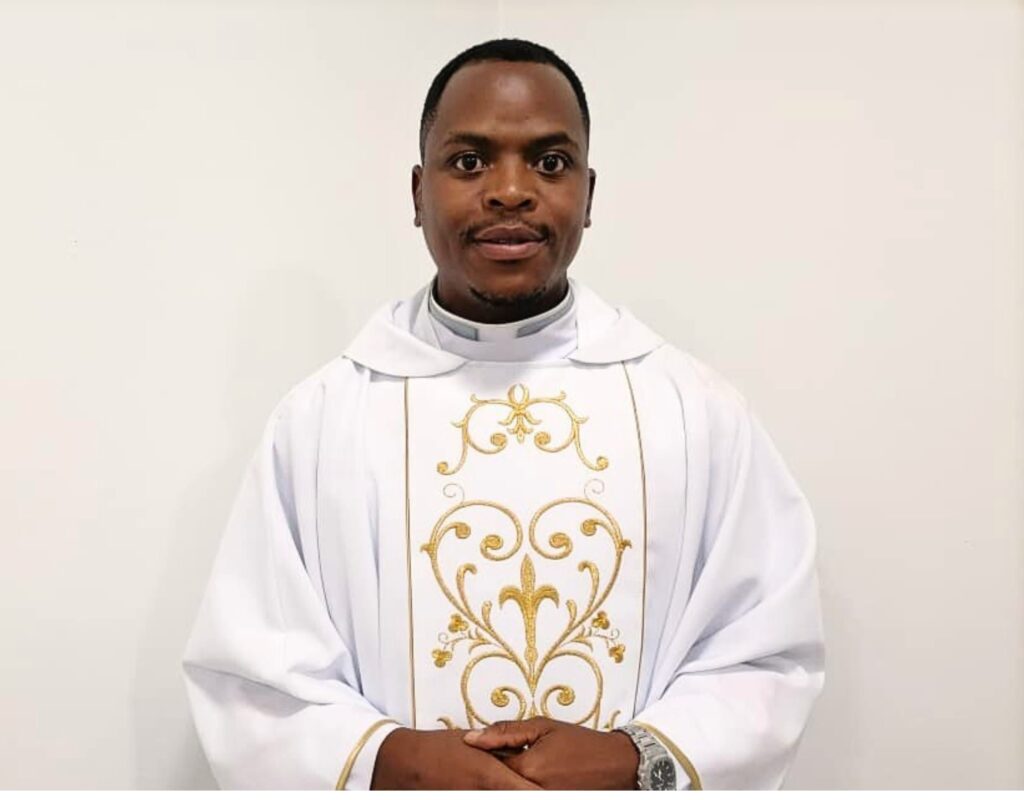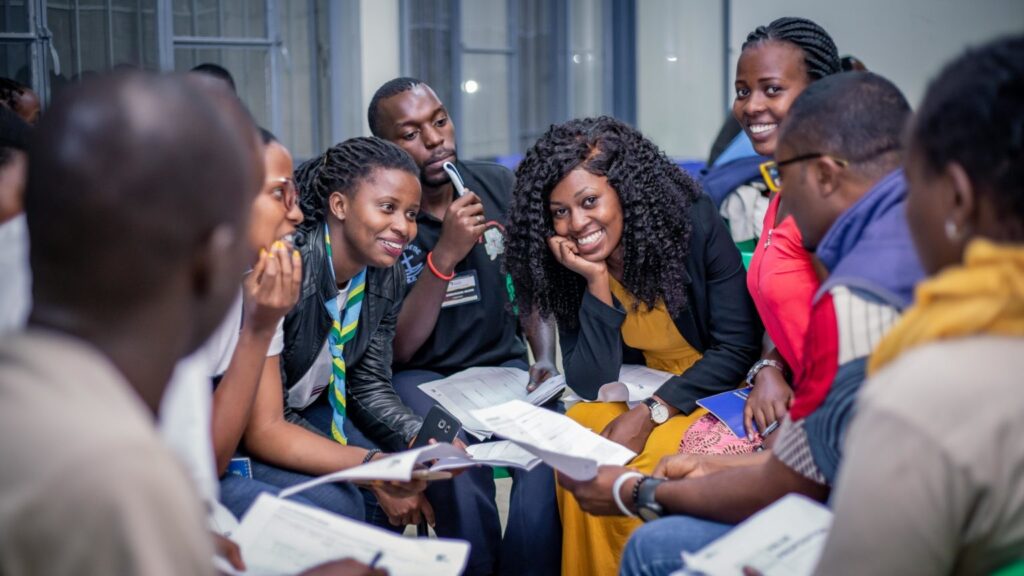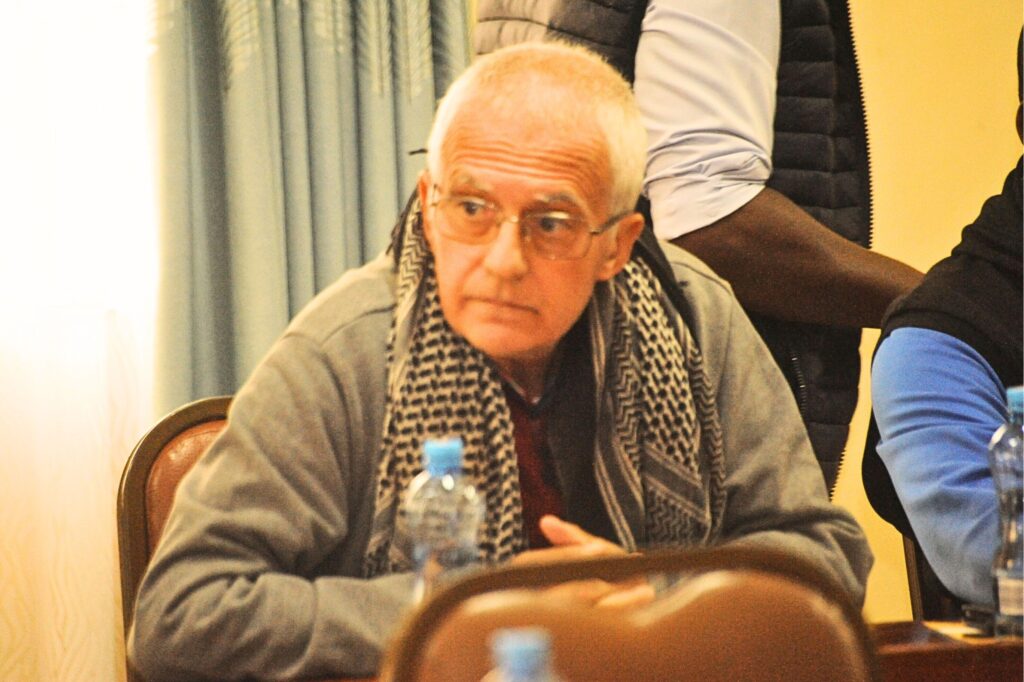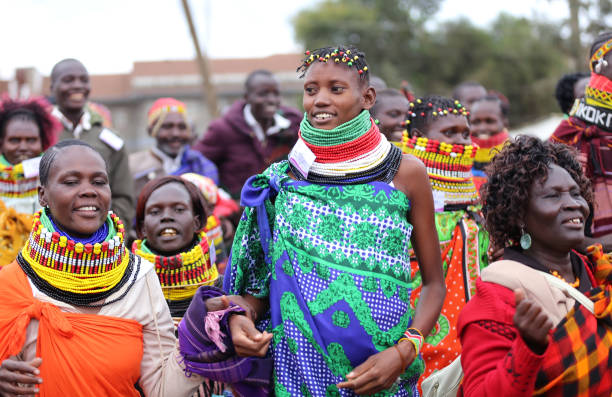I vividly recollect, in March 2022, when at our parish, the priests at the conclusion of several Masses announced the initiation of the synodality process, outlining expectations for our participation. The theme focused on communion, participation, and mission, forming the central pillars guiding all conversations. After archdiocesan consultations and the drafting of a questionnaire, parishioners were encouraged to respond, initiating the analysis of feedback and summarization at parish, deanery, and archdiocesan levels.
As someone representing the family in this process, my active participation across all stages provided valuable insights:
- Unfamiliarity with Synodality: For some parishioners, despite explanations, the concept of Synodality and its involvement of the laity remained unfamiliar, causing confusion and concern.
- Renewed Desire for a Relational Church: The engagement renewed our experience and desire for the Church as God’s home and family, envisioning a less bureaucratic and more relational and approachable Church.
- Yearning for Shared Hope and Healing: There was a collective yearning for shared hope, healing, reconciliation, and the restoration of trust. The Spirit’s gifts poured out on the Church members were seen as talents/blessings that the local church should tap into for progress.
- Addressing Abuse and Encouraging Empathy: Openness to listening and accompanying all, especially those who suffered abuse within the family, became evident. The journey toward reconciliation and justice, including addressing the structural conditions fostering such feelings, needed to be approached with empathy without diluting the teachings of the church.
- Optimism and Pessimism: While optimism prevailed in the process, some expressed pessimism, fearing potential hijacking by a few Church leaders to dilute the longstanding pillars the church has been built on over the years.
The recently concluded Synod on Synodality, convened by Pope Francis at the Vatican in October 2023, acknowledged the family’s pivotal role in every Christian community. Despite addressing hot-button issues such as women deacons, optional priestly celibacy, and accompaniment of individuals struggling with gender or sexual identity, the family remained a steadfast pillar. The definition of family and its establishment through the sacrament of Holy matrimony remained unchanged.
The call to live and share our faith in the family as the first missionaries was emphasized. The family, as a community of life and love, serves as a privileged place of education in faith, Christian values, and practice, requiring special accompaniment both from within and without. Support, especially for parents balancing work demands and family needs, is crucial within the Church community and in service to its mission.
The Synod highlighted the necessity for the Church to develop proper structures of accompaniment from childhood through young adulthood, ultimately guiding individuals to the Sacrament of Matrimony through well-established marriage preparation sessions. This can be implemented based on the documents of St. John Paul II University on Marriage Preparation and Accompaniment.
As the synodality process extends into 2024, families are urged to remain vigilant and recognize the importance of instilling value structures in their children. In a world marked by secularization, diminishing references to God, and inhibitions in sharing faith socially, this becomes the testimony of walking the synodality of communion, remaining missionaries, and actively participating in bringing more members to the body of Christ.

